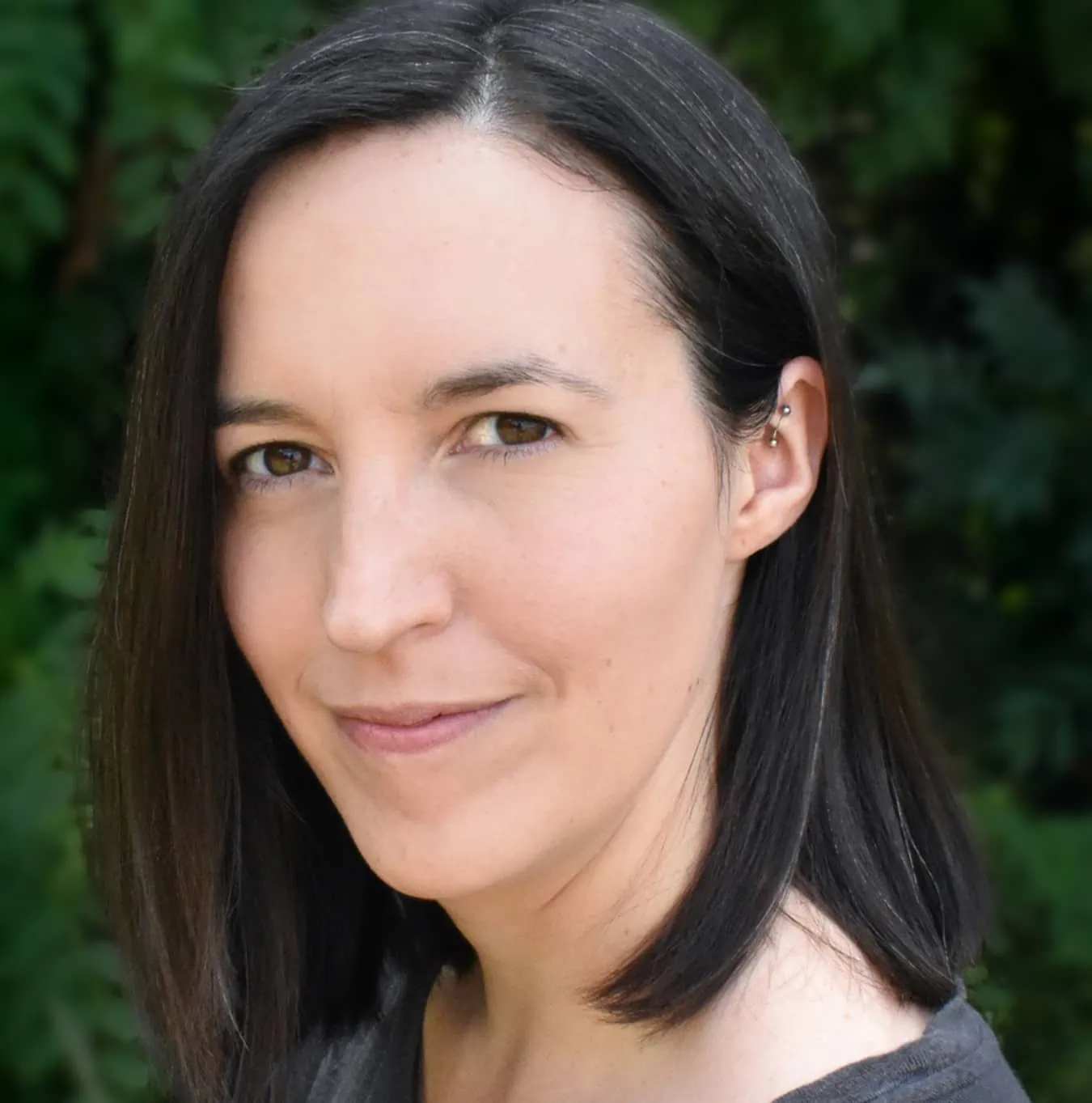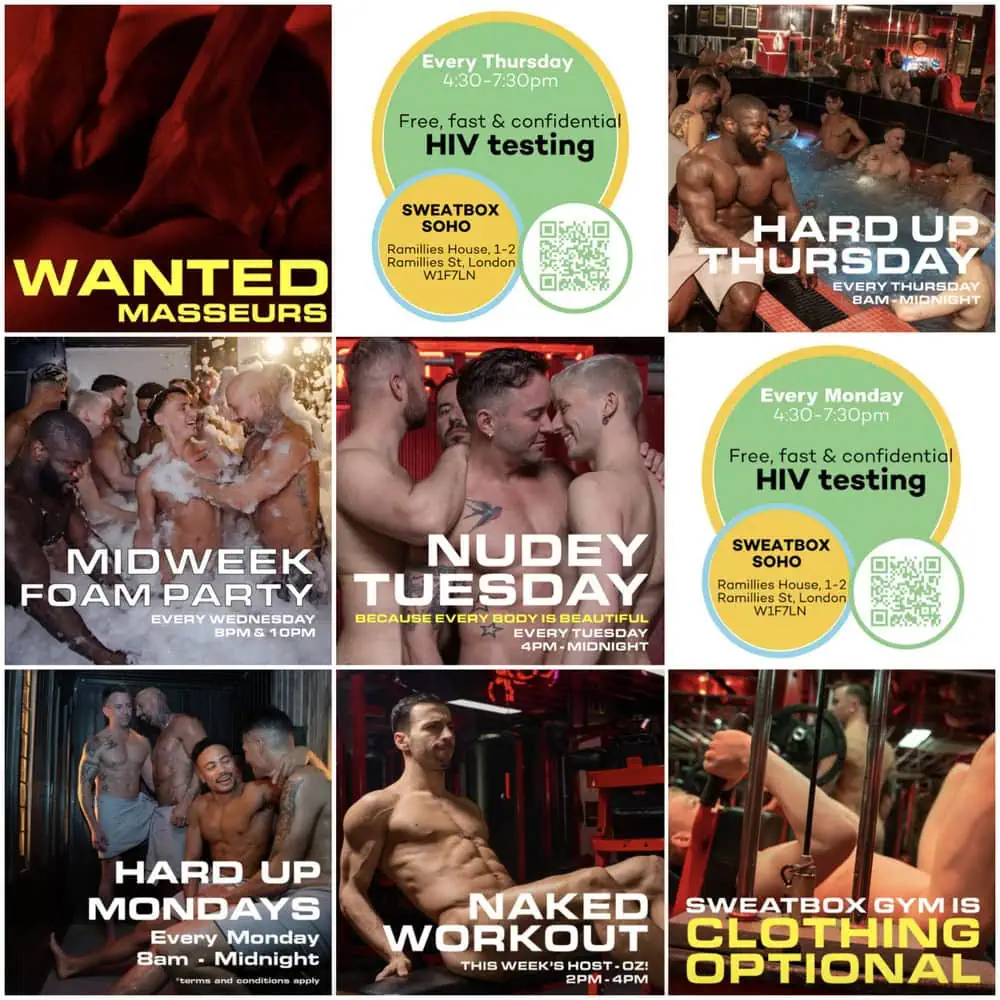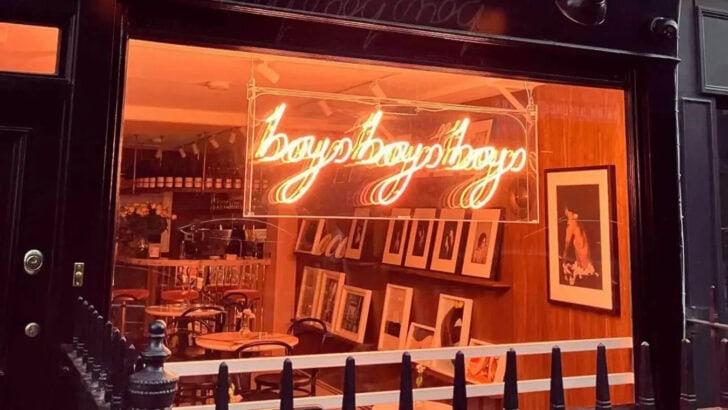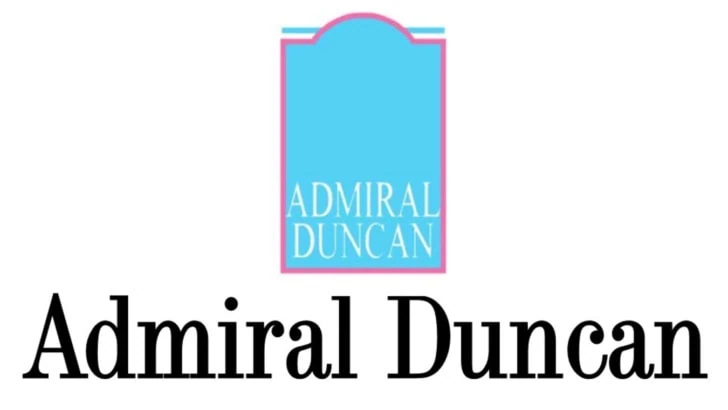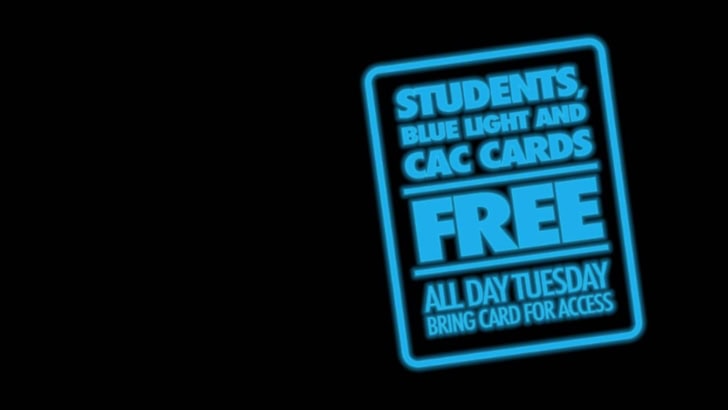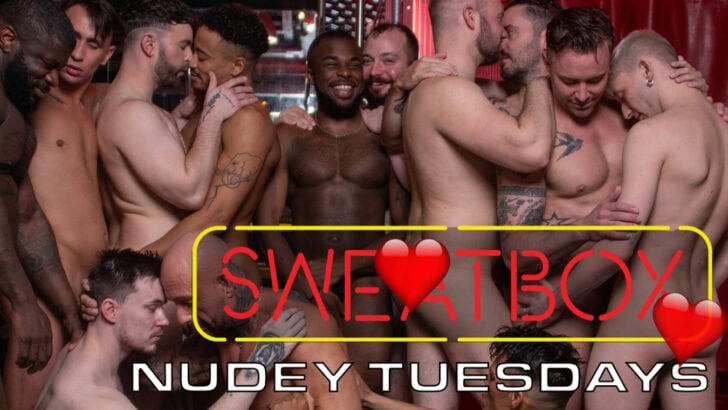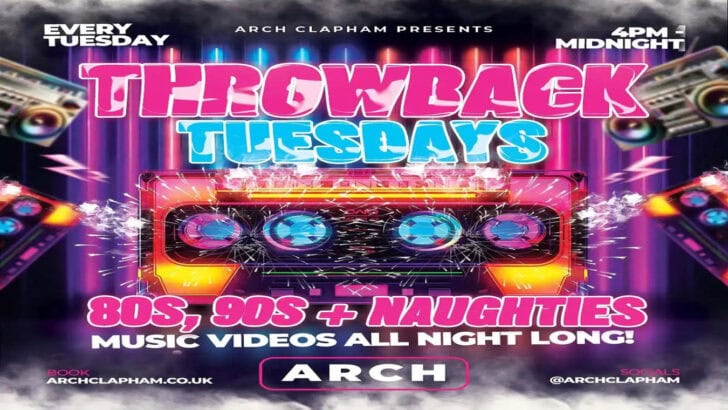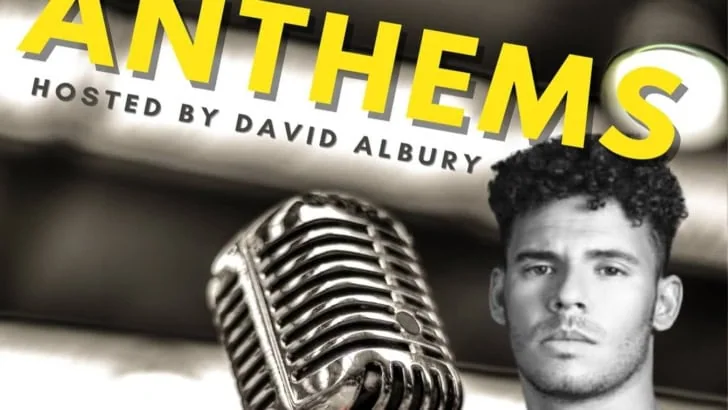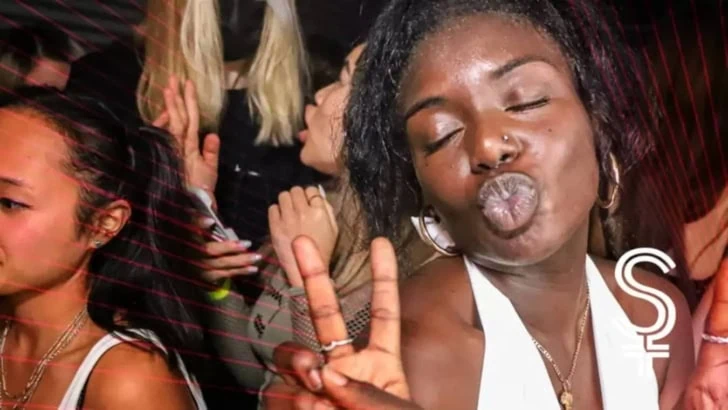We are in the health visitor waiting room. Thea, a few months old, is burbling to herself on my lap while my wife checks her phone. There are three other families waiting, all women by themselves with their babies. We are the only couple in the room, and I feel the eyes on me. I think they are looking at me, knowing I don’t belong, that I am the baby’s aunt or a family friend, not the mother, because somehow they can see through me.
When it’s our turn, we go into the room where a stranger will weigh and measure our baby. We’re exhausted, we have no family nearby to help out and we’re hoping to get some much needed advice and support.
Instead, the woman looks at us and says, ‘who is the mother?’ ‘We both are,’ we say, and the look of disdain, of confusion, of frustration almost jumps off her face.
“But who is the real mother?”
She meant who gave birth, of course, and my world crumbles. My wife said she did, and the woman directed every question, every look, every moment to her even though her questions had nothing to do with pregnancy, post-natal care, or birth. I may as well not have been in the room. I wasn’t a Dad, but by their definition, I wasn’t a mother either. So who was I?
It’s not immediately apparent who has the biological connection to our daughter. Thea’s eyes are more like mine, but her mouth is more like my wife’s and her hair is lighter than both of ours. I used to love taking her out by myself because people would assume I was her mother. I wouldn’t have to explain, though I felt like a fraud. I struggled a lot during that time. I would break down crying every time Thea wanted my wife for a cuddle instead of me. I would hold in the tears every time a family member told us she looked just like my wife as a baby. It was not easy.
There are no resources for women like me. We’re not step-mums, for often, we’re the intended parent, and our names are on the child’s birth certificate. Legally, we’re parents, but to society, we’re the “Other Mothers”, and we’re invisible. There are plenty of resources for what Dads should do, but frankly, the bar is so low it amounts to doing the dishwasher and giving her a foot rub. How could I have that special mother-daughter bond if I didn’t give birth to her?
In 2019 there were 212,000 same-sex couple families in the UK, around 12,000 of which have children, up from 4,000 in 2010. We are the fastest growing family type, but this is not reflected in the information available. Visibility matters in all areas of life, not just on TV.
My wife and I work in publishing and have extremely supportive companies that are striving for more representation across the books we publish. But there is a long way to go, especially when it comes to children’s books. There are a handful of picture books about LGBT+ families, but most are about how that family isn’t wrong, how having two dads or two mums is just the same. But my daughter already knows that. She and other kids like her, with same-sex parents have no frame of reference to think they are any different to anyone else. These books are saying to children that their loving same-sex parents are something ‘other’ that needs to be explained and accepted.
Everything in society was telling me I was this ‘other’, but I wanted to just be a mum.
After much research into the science of bonding, I learned it had absolutely nothing to do with biology or birth, only how much time and attention you paid to your child. DNA isn’t a mystical force that makes a bond with a child deeper or more meaningful. Once I discovered this, everything changed. If this information had been readily available to parents in my position, perhaps mentioned in an antenatal class, perhaps given by a health visitor, it would have saved me months of heartache and depression.
It took me nearly a year until I felt like a real mother, and part of that was at six months when my wife stopped breastfeeding. Then we were on level footing. I was able to do Thea’s night feeds. I got up at 3 am to soothe her. I am there when she falls down and grazes her knee. I am her mother, no ifs or buts or qualifiers, no “other”. I am one of her two mums, and I won’t ever let myself feel like anything less again.
Beth Lewis is the author of Children of the Sun, an SF thriller with a gay protagonist. Out now in all good bookshops and available online here:
